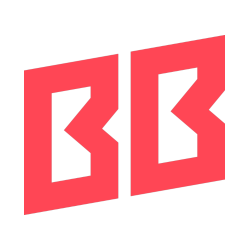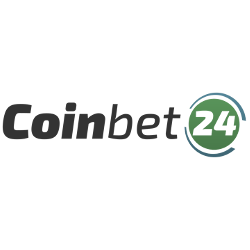Valve Releases Landmark Update for Counter-Strike 2 to Bypass European Bans, Game Community Doesn’t Like It
Valve released an update for Counter-Strike 2 featuring a new skin collection and the system by which this works, allowing players to bypass loot box bans in several countries in Europe. Players receive a free terminal weekly, but when opened, they must pay for the selected skins.
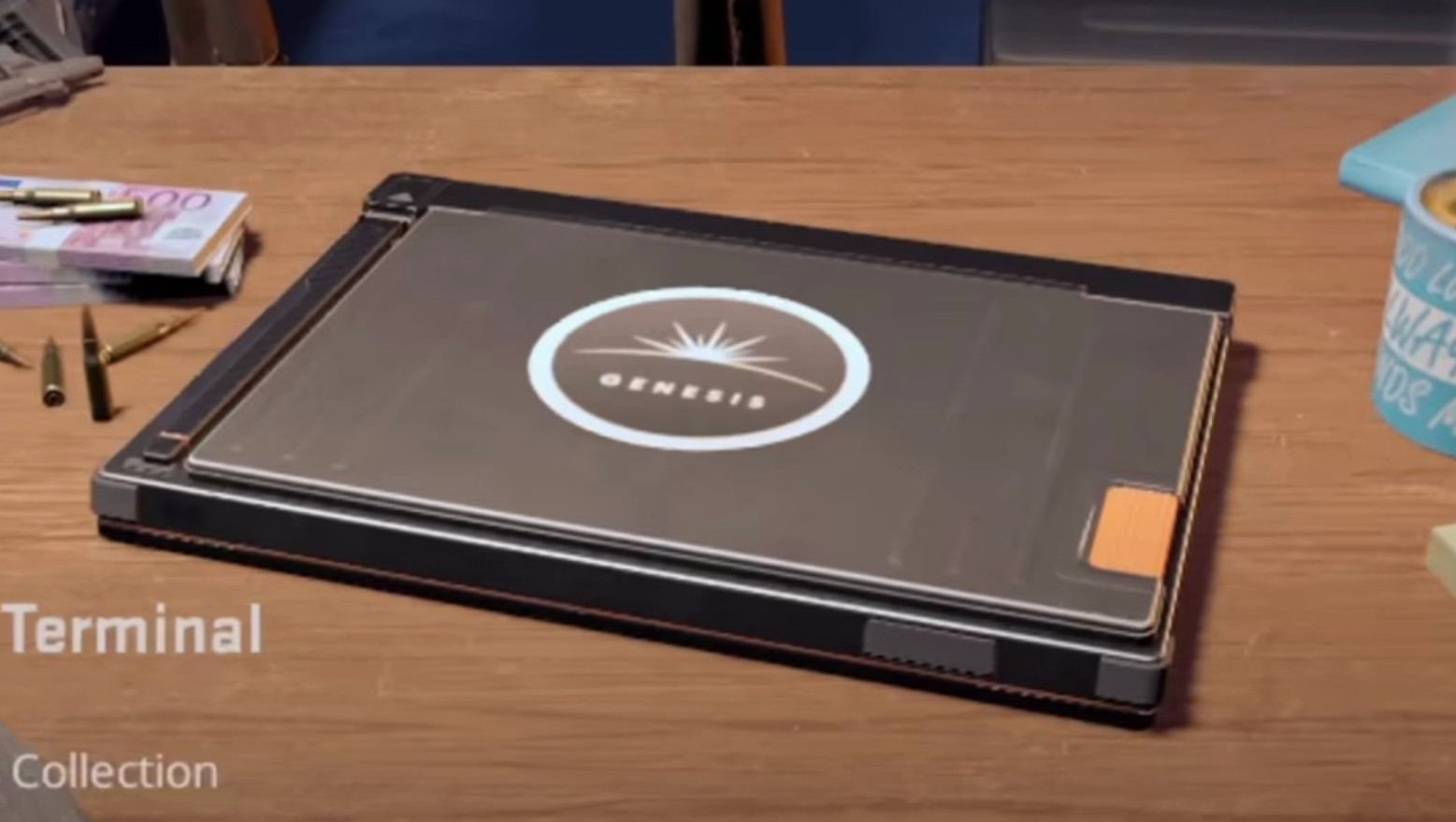
On September 16, Valve rolled out a major update for Counter-Strike 2 (CS2) that introduced the “Genesis” skin collection alongside a completely new loot mechanic called the “Genesis Terminal”. Unlike traditional loot boxes, which have been restricted or banned in several European countries due to gambling concerns, the Genesis Terminal offers a new approach that the game developer says complies with regional regulations.
The system is currently live worldwide and is designed to provide players with a way to access skins while technically sidestepping existing bans in Belgium, the Netherlands, and France, as confirmed by Valve.
How Genesis Terminal Works
Every player receives one free Genesis Terminal per week. When they activate it, they are presented with a skin and its price, ranging from as little as US$0.30 to as much as US$1,600. Unlike the randomness of traditional loot boxes, the item and its cost are visible upfront.
Players then face a choice:
- Pay for the item to claim it.
- Decline it, with the catch that they can’t return to the previously revealed option.
If they choose to purchase the item, they are given three days to complete the payment. If not, the item disappears permanently. Additionally, skins bought this way become tradable on the Steam marketplace after a one-week hold, ensuring integration with the broader CS2 economy.
Why It’s Not Classified as Gambling
One of the most notable aspects of the Genesis Terminal is its legal positioning. European gambling laws often hinge on the principle of chance: if players pay money without knowing what they’ll receive, it can be classified as gambling.
In contrast, Valve’s system sidesteps this classification because the item and price are revealed before purchase. Players are technically buying a product with full knowledge of its details, making the mechanic legally distinct from traditional loot boxes.
This subtle shift allows Valve to continue monetizing cosmetic content in regions where loot boxes have been banned outright, while still maintaining compliance with local laws.
Community Reaction: Criticism Over “Psychological Pressure”
While the Genesis Terminal may solve regulatory issues, it hasn’t escaped community backlash. Many players argue the system exerts psychological pressure by showing them a rare or high-value item but forcing them to pay on the spot—or risk losing it forever.
Critics say this creates the illusion of winning without actually awarding the prize, as ownership only comes after payment. Some also fear that the visible pricing, particularly when rare skins appear with values exceeding US$1,000, could exploit vulnerable players.
The debate mirrors broader concerns about monetization in gaming, where developers increasingly tread a fine line between profitability and predatory mechanics.
Looking Ahead
The Genesis Terminal represents a significant evolution in how publishers navigate the intersection of gaming, regulation, and monetization. For Valve, it ensures continued access to lucrative cosmetic sales in Europe, but it also sets a precedent that other game developers may look to follow.
The coming months will likely reveal whether regulators in countries like Belgium and the Netherlands accept Valve’s workaround, or if further scrutiny leads to new restrictions. At the same time, the community’s mixed reaction shows that even legally compliant mechanics can still face ethical criticism.
What remains certain is that Counter-Strike 2, long known for its deep economy of skins and items, has once again placed itself at the center of the global debate on loot boxes, gambling on e-sport bookmakers, and the psychology of in-game purchases.
FAQ
More tips on Counter-Strike

Prestige Esport

Preasy Mix

Team Spirit

Team Falcons
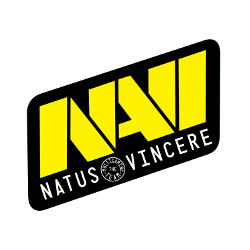
Natus Vincere
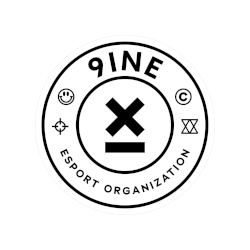
9INE Pusulabet

9INE

